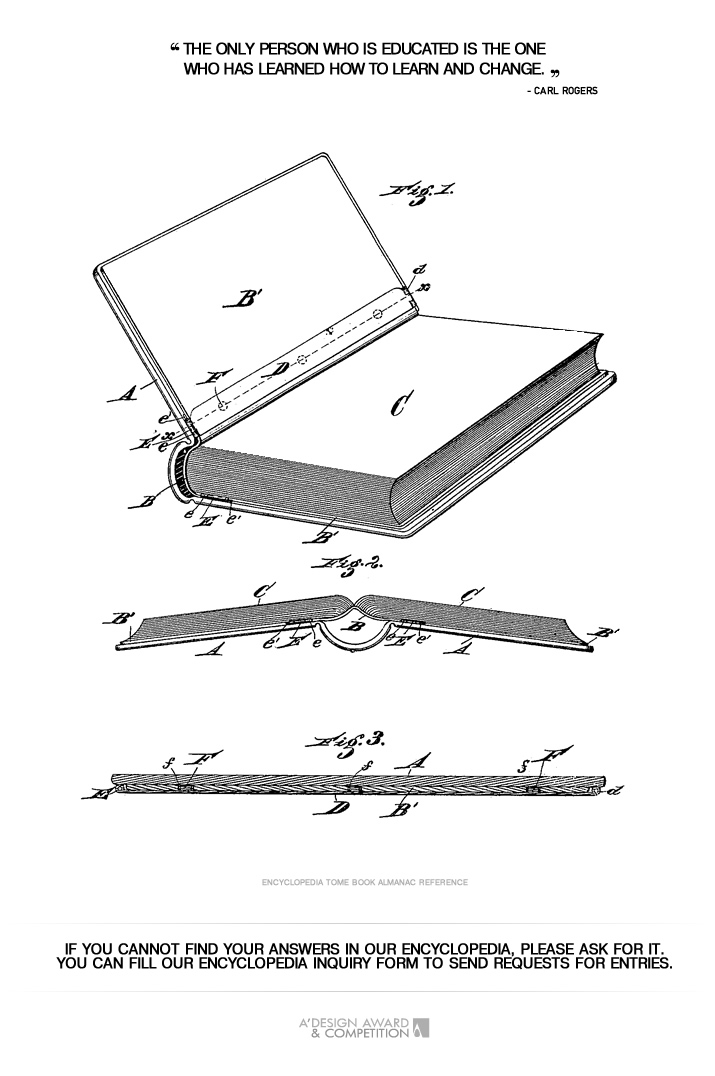
| THE AWARD |
| CATEGORIES |
| REGISTRATION |
| SUBMIT YOUR WORK |
| ENTRY INSTRUCTIONS |
| TERMS & CONDITIONS |
| PUBLICATIONS |
| DATES & FEES |
| METHODOLOGY |
| CONTACT |
| WINNERS |
| PRESS ROOM |
| GET INVOLVED |
| DESIGN PRIZE |
| DESIGN STORE |
| THE AWARD | JURY | CATEGORIES | REGISTRATION | PRESS | WINNERS | PUBLICATIONS | ENTRY INSTRUCTIONS |
Based-On - Entry #480182 |
Home > Design Encyclopedia > 480182 |
 Based-On
Based-On
Based-On is a fundamental design principle that refers to the practice of creating new designs by drawing inspiration from, adapting, or modifying existing design elements, concepts, or solutions while maintaining originality and adding unique value. This methodological approach acknowledges that design is an iterative process where new creations often emerge from the foundation of previous works, cultural references, natural phenomena, or established design patterns. In the context of form-giving and aesthetic development, based-on design methodology enables designers to build upon proven solutions while introducing innovations that address contemporary needs and preferences. The principle encompasses various techniques including morphological transformation, where existing forms are systematically modified; analogical transfer, where characteristics from one domain are applied to another; and evolutionary design, where successive iterations lead to improved solutions. This approach is particularly relevant in industrial design, where new products often evolve from existing archetypes while incorporating technological advancements or improved ergonomics. The practice requires careful consideration of intellectual property rights and design ethics, ensuring that the resulting work represents a substantial transformation rather than mere imitation. The based-on approach has gained recognition in prestigious design competitions, including the A' Design Award, where judges evaluate how effectively designers have transformed their source inspiration into innovative solutions. This methodology also plays a crucial role in sustainable design practices, as it often involves analyzing successful existing solutions to create more environmentally conscious alternatives while maintaining functional efficiency.
Author: Lucas Reed
Keywords: inspiration, adaptation, transformation, evolution, reference, modification, iteration, derivation, innovation
 Based-On
Based-On
Based-On is a fundamental design principle that refers to the practice of creating new designs by drawing inspiration from, adapting, or modifying existing design elements, concepts, or solutions while maintaining originality and adding unique value. This methodological approach acknowledges that design evolution often stems from previous works, serving as stepping stones for innovation while respecting intellectual property rights and creative integrity. In the design process, based-on methodology involves careful analysis of existing solutions, identification of successful elements, and thoughtful transformation of these elements into novel applications that address contemporary needs or challenges. This practice is particularly prevalent in industrial design, where new products often build upon proven functional mechanisms while introducing aesthetic or technological improvements. The principle encompasses various levels of derivation, from subtle influences to more direct adaptations, always emphasizing the importance of adding substantial original contribution to differentiate the new design from its inspiration source. The A' Design Award and Competition recognizes this approach through its evaluation criteria, which assess both the originality of submissions and their innovative development of existing concepts. The based-on principle also plays a crucial role in sustainable design practices, as it promotes the evolution of successful design solutions rather than requiring completely new development for every project, thereby conserving resources and building upon established knowledge. This approach facilitates design education and professional development by allowing designers to learn from precedents while encouraging them to push boundaries and create meaningful innovations.
Author: Lucas Reed
Keywords: inspiration, adaptation, evolution, transformation, originality, derivation, innovation, methodology, precedent
 About the Design+Encyclopedia
About the Design+EncyclopediaThe Design+Encyclopedia is a crowd-sourced reference of information on design. Unlike other crowd-sourced publications on design, the Design Encyclopedia is edited and actively monitored and publishing is only possible after review of submitted texts. Furthermore, editors of the Design Encyclopedia are mostly consisting of award winning designers who have proven their expertise in their design respective fields. Information posted at design encyclopedia is copyrighted, you are not granted a right to use the text for any commercial reasons, attribution is required. If you wish to contribute to the design encyclopedia, please first register or login to A' Design Award and then start a new design encyclopedia entry.

If you did not find your answer, please feel free to check the design encyclopedia for more entries. Alternatively, you can register and type your own definition. Learn more about A' Design Award's Design+Encyclopedia.

